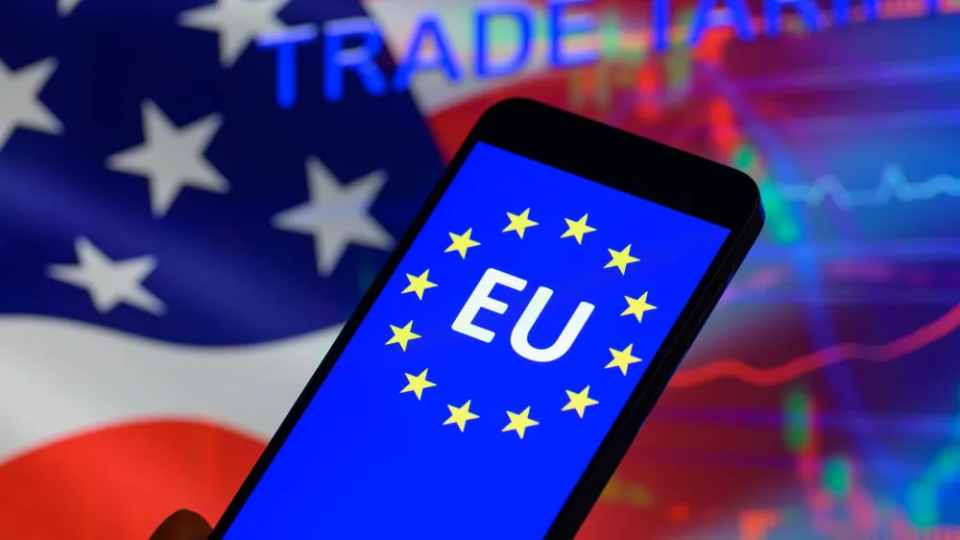In a strategic move to allow for further negotiations, the European Union has decided to delay the implementation of its retaliatory tariffs on US goods until mid-April 2025. This decision comes in response to the Trump administration’s increase in tariffs on all steel and aluminum imports to 25%.
The EU had initially planned to impose measures on US goods worth approximately €26 billion ($28 billion) in two phases, starting April 1 and April 13. These tariffs were set to target a range of products including steel, aluminum, beef, poultry, bourbon, motorcycles, peanut butter, and jeans.
European Commission President Ursula von der Leyen confirmed the adjustment in timing, stating that the goal is “to get the balance of products right, reflecting the interests of our producers, our exporters, our consumers, and of course, minimize the potential negative impact on our economy”.
The delay also provides the EU with additional time to assess the potential impact of Trump’s planned “reciprocal” tariffs, which are expected to be announced on April 2. These reciprocal tariffs aim to increase US duties to match the tax rates that other countries charge on imports “for purposes of fairness”.
EU Trade Commissioner Maroš Šefčovič, who has been in talks with US officials, described the situation as “quite fluid, quite volatile.” He emphasized that the delay would allow for better understanding of the possible impact of Trump’s reciprocal tariffs and provide extra time for negotiations with American partners.
The EU spokesperson stated that this adjustment “is a minor modification to the timeline and does not lessen the significance of our response, especially as the EU is preparing for potential retaliation amounting to EUR 26 billion”.
The decision to postpone the tariffs has been influenced by several EU member states, including France, Spain, and Italy, who pushed for the delay. There are also discussions about potentially removing bourbon from the list of targeted goods, as Trump has threatened 200% tariffs on European wine and spirits.
Von der Leyen reaffirmed the EU’s stance against tariffs, stating, “We think that tariffs are bad. They are like taxes. They are bad for consumers. They are bad for business on both sides of the Atlantic without any question”.
This development highlights the complex nature of international trade relations and the potential impact on various industries. As negotiations continue, both sides aim to find a mutually agreeable solution that minimizes negative impacts on their respective economies. The outcome of these talks could have significant implications for global trade and economic relations between the US and EU.

